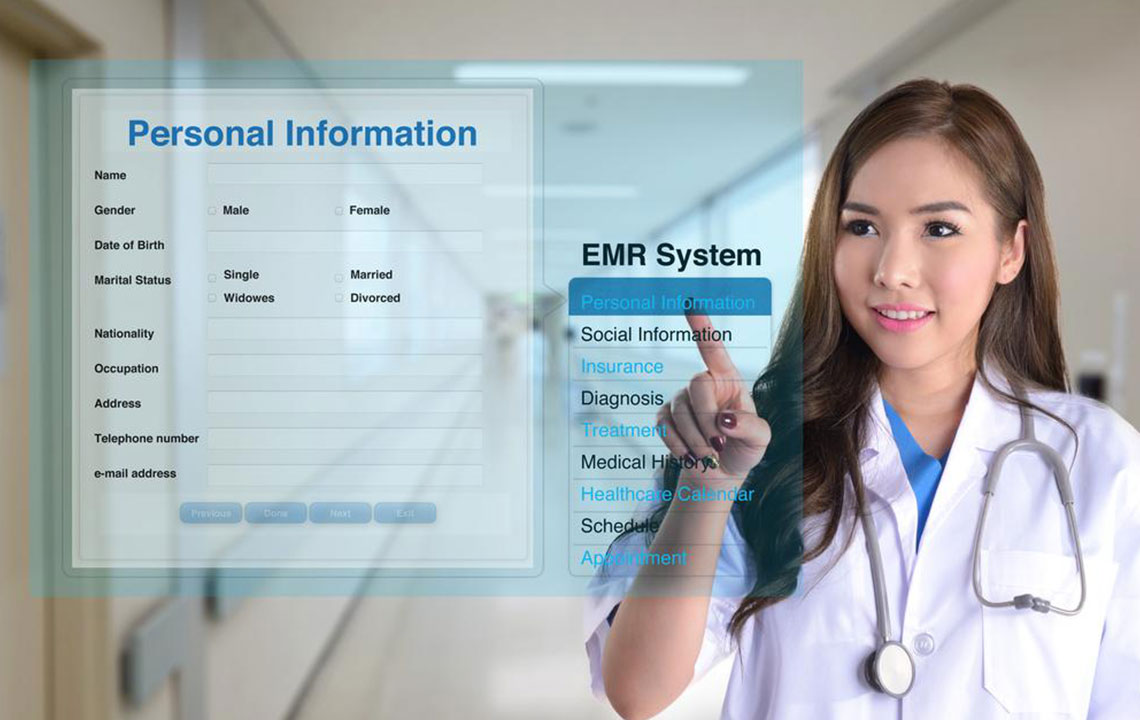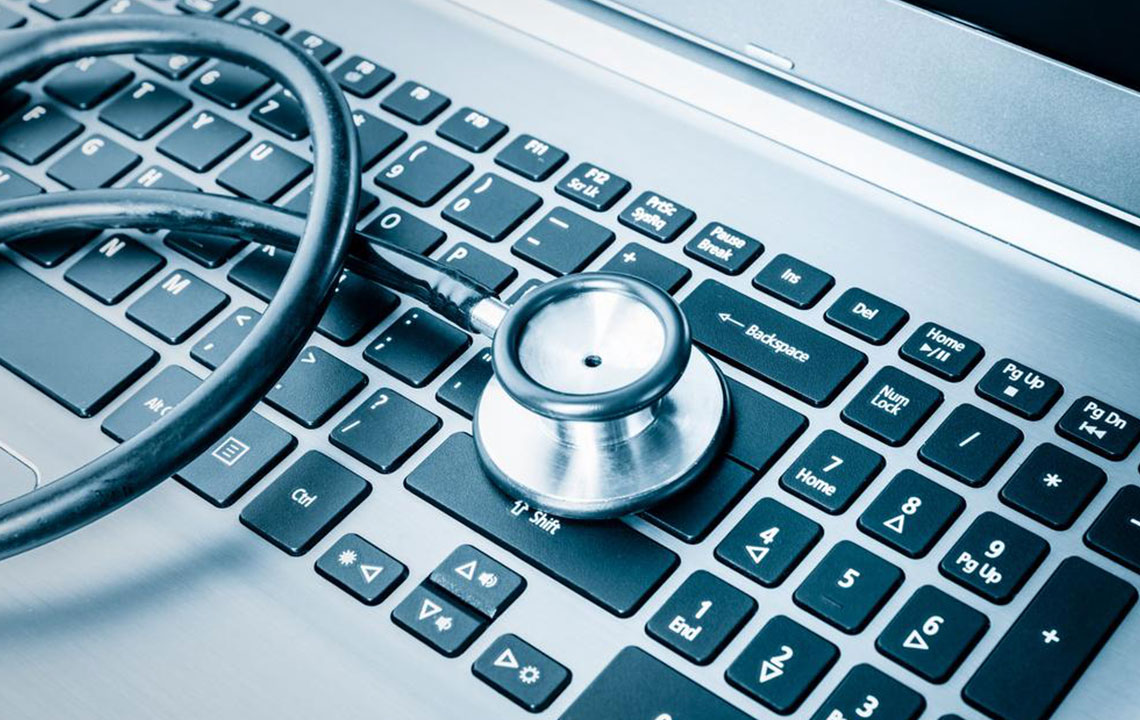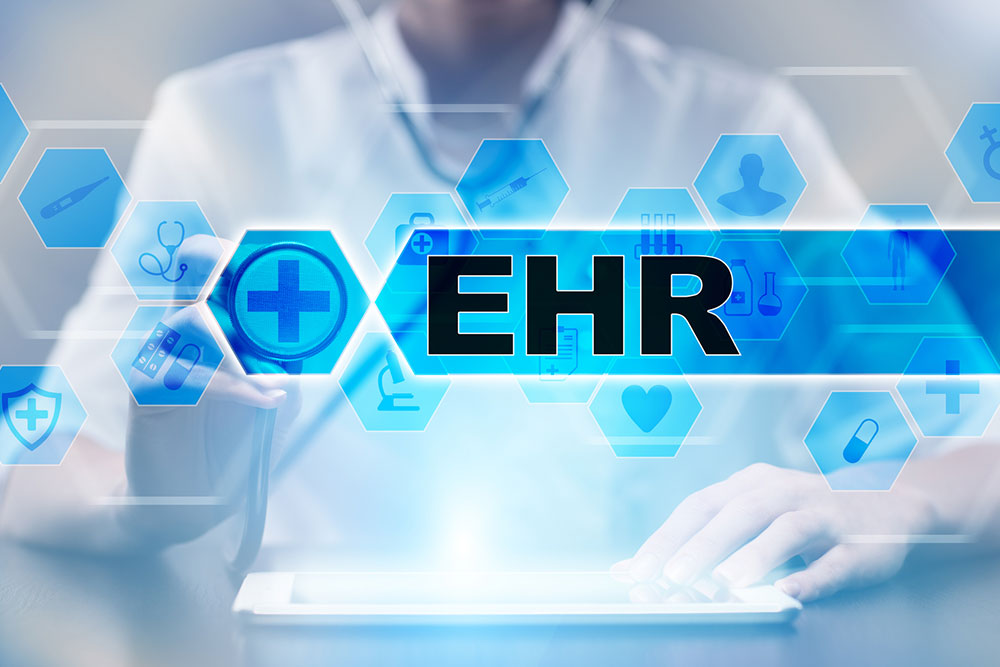Comprehensive Guide to Electronic Medical Record Systems: Transforming Healthcare Through Digital Innovation
This in-depth guide explores how Electronic Medical Records (EMRs) are transforming modern healthcare by improving data management, enhancing patient engagement, and supporting better health outcomes. From secure storage to automated reminders, learn how EMRs streamline medical processes and empower both providers and patients with accurate, timely information.

Comprehensive Guide to Electronic Medical Record Systems: Transforming Healthcare Through Digital Innovation
In an era where technology permeates every facet of our daily lives, the healthcare industry has significantly advanced by embracing digital solutions that elevate patient care and streamline medical processes. Central to this transformation is the implementation of Electronic Medical Records (EMRs), which are revolutionizing how healthcare providers manage, access, and utilize patient data. These sophisticated digital tools not only facilitate rapid access to comprehensive health information but also enhance the accuracy of diagnoses, improve treatment outcomes, and foster better patient engagement. The evolution of EMRs marks a pivotal shift from traditional paper-based records to dynamic, interconnected electronic systems that serve as the backbone of modern healthcare delivery.
Understanding the Core Functions of EMRs
Electronic Medical Records are advanced software platforms designed to digitize and organize patient health information in a secure and efficient manner. Unlike traditional paper files, EMRs incorporate a wide array of data, including medical history, immunizations, allergy information, lab results, imaging reports, and medication details. This digital consolidation makes it easier for healthcare professionals to retrieve, update, and analyze patient information, thereby accelerating clinical decision-making. These systems are highly customizable, allowing clinics and medical practitioners to tailor data entry and management protocols to meet specific operational needs, whether they serve a small practice or a large hospital network.
Patient-Centered Data Management and Personal Health Records
The scope of EMRs extends beyond healthcare providers to empower patients and their families. Individuals can maintain and update their personal health records, creating a comprehensive health profile accessible across multiple healthcare settings. Secure cloud storage, combined with advanced encryption methods, ensures that sensitive medical data is protected from unauthorized access while remaining readily available for authorized users. This level of accessibility facilitates continuity of care, especially when patients seek treatment from different providers or are traveling, fostering a more cohesive and patient-centric healthcare environment.
Embracing EMRs allows individuals to actively participate in their healthcare management, track chronic conditions, and monitor medication schedules with ease. The security features embedded within EMR systems, such as data encryption and access controls, provide peace of mind by safeguarding personal health information against cyber threats and data breaches.
Enhancing Health Monitoring and Data Analysis
One of the most valuable aspects of EMRs is their capacity to support continuous health monitoring. Healthcare providers can utilize these systems to track vital signs, lab results, allergy information, and other vital indicators over different time periods. Such data analysis enables physicians to detect trends, identify early warning signs, and optimize treatment strategies. For patients managing chronic illnesses, EMRs serve as vital tools for real-time health updates, empowering them to participate actively in their care plans and make informed decisions about their health.
Automated Reminders and Preventive Care Coordination
EMRs streamline preventive healthcare through automated scheduling and reminder features. These systems prompt healthcare providers to conduct routine screenings, vaccinations, and follow-up appointments, ensuring no crucial health check is overlooked. Patients also benefit from proactive notifications that alert them when it’s time for a scheduled screening or health review, thereby improving adherence to medical advice and promoting early detection of potential health issues.
For families seeking to optimize their health management, integrating EMRs into their routine offers numerous benefits. Check with your healthcare provider to see if electronic record systems are available, and explore options for family health records to ensure seamless, coordinated care across different providers and services.





